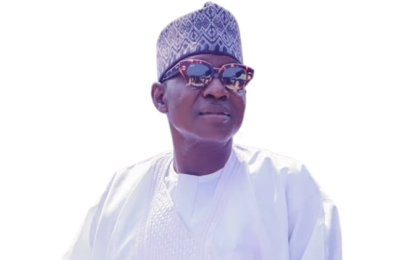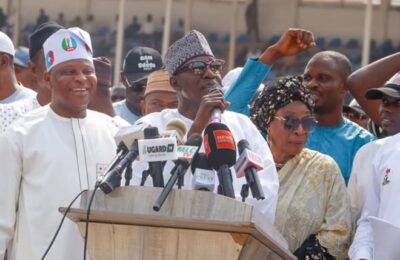Public trust in Nigeria’s government has suffered another heavy blow, as the scandal over basic amenities resurfaces with renewed force. While it is easy to blame “systemic failures,” Nigerians are increasingly demanding that accountability be placed where it belongs: on the leaders who designed, funded, and supervised these very systems. The inability of Africa’s largest economy to provide reliable access to water, electricity, healthcare, and quality education has left citizens questioning not just governance but the moral responsibility of those in power.
It is quite unimaginable that Nigeria, a nation blessed with vast natural and human resources, continues to struggle with the most basic necessities of life. Yet that is the reality for millions of citizens. “We live like strangers in our own country,” lamented Chika Onwuaso, a civil servant in Abuja. “Every morning we wake up hoping the power will stay longer, or the taps will run with water. But our leaders seem unbothered.” Her frustration resonates across urban slums and rural hamlets where ordinary Nigerians shoulder the burden of government neglect.
The scandal surrounding basic amenities is not new, but each failure deepens the erosion of public confidence. According to the World Bank, over 80 million Nigerians still lack access to electricity, and more than 63 million have no clean water supply. Schools in several states operate without roofs, while hospitals lack essential drugs and equipment. The government’s repeated pledges, often announced with fanfare, dissolve into silence once the cameras are turned off. As Wole Soyinka once remarked, “The man dies in all who keep silent in the face of tyranny.” Silence, it appears, has become the weapon of choice for leaders escaping accountability.
At the heart of this scandal is not merely poor infrastructure but a crisis of leadership ethics. These institutions did not collapse on their own; they were managed, funded, and overseen by individuals who swore to protect the nation’s welfare. “Systems are never neutral,” argues Professor Adebayo Williams. “They are the outcome of human choices. When systems fail, it is because the people managing them have failed.” His words capture the growing insistence that politicians, contractors, and public officials must answer for decades of neglect and mismanagement.
The consequences are dire. The lack of basic amenities fuels poverty, insecurity, and migration, weakening Nigeria’s social fabric. Young people are disillusioned, perceiving governance as a theatre of deception rather than service. “Why should we believe in democracy,” asked Uche Eze, a Lagos-based youth, “when the ballot never translates into electricity or clean water?” His question embodies the skepticism of a generation that sees government as distant, corrupt, and ineffective.
And yet, accountability is possible. Other nations with fewer resources have built efficient systems by confronting corruption and enforcing transparency. Ghana’s progress in electricity reforms and Rwanda’s investment in healthcare provide living examples that political will, not miracles, sustains development. Nigeria’s challenge is not destiny but decision. As Plato once warned that “the penalty for refusing to participate in politics is that you end up being governed by your inferiors.”
Ultimately, the scandal of basic amenities is more than a governance issue—it is a moral indictment. A government that cannot provide safe water, stable electricity, or functional hospitals betrays the very essence of its mandate. Nigerians are right to demand answers. Systems do not fail in abstraction; people fail, and those people must be held to account. Until accountability becomes the cornerstone of governance, public trust will remain fragile, and the promise of Nigeria will remain a dream deferred.
– Inah Boniface Ocholi writes from Ayah – Igalamela/Odolu LGA, Kogi state.
08152094428 (SMS Only)




